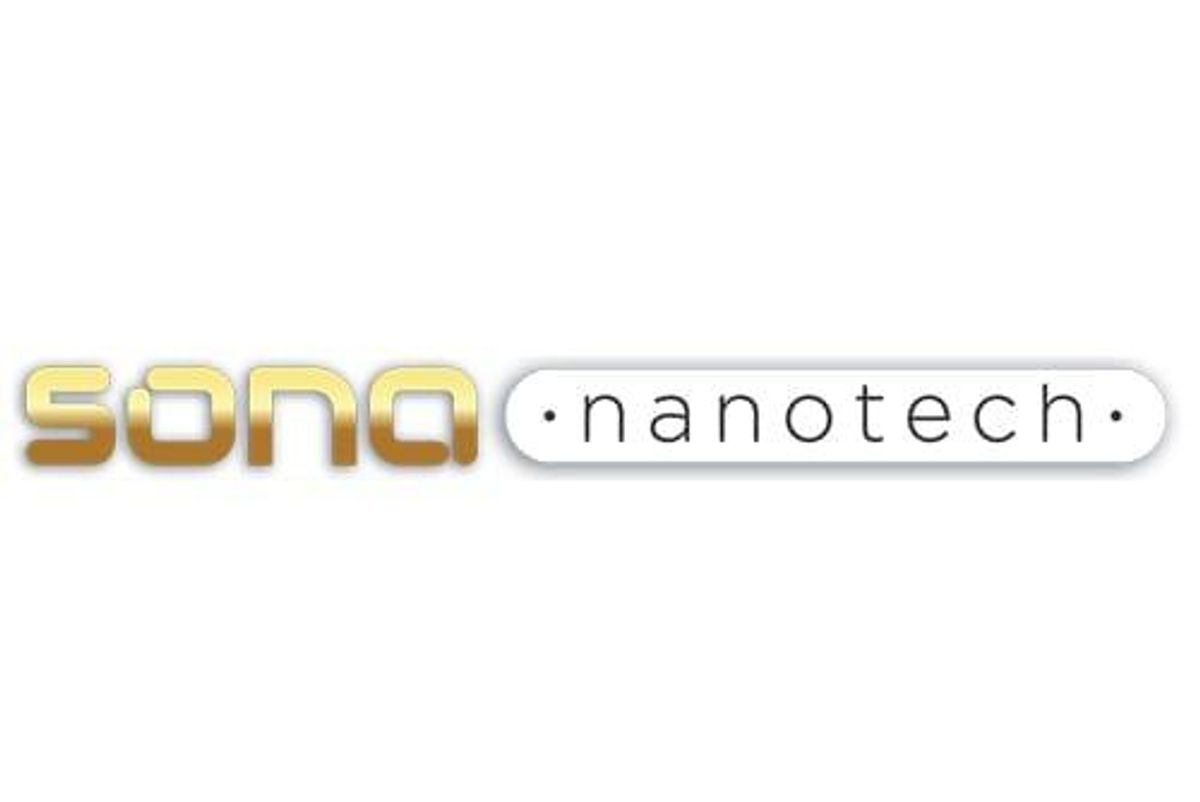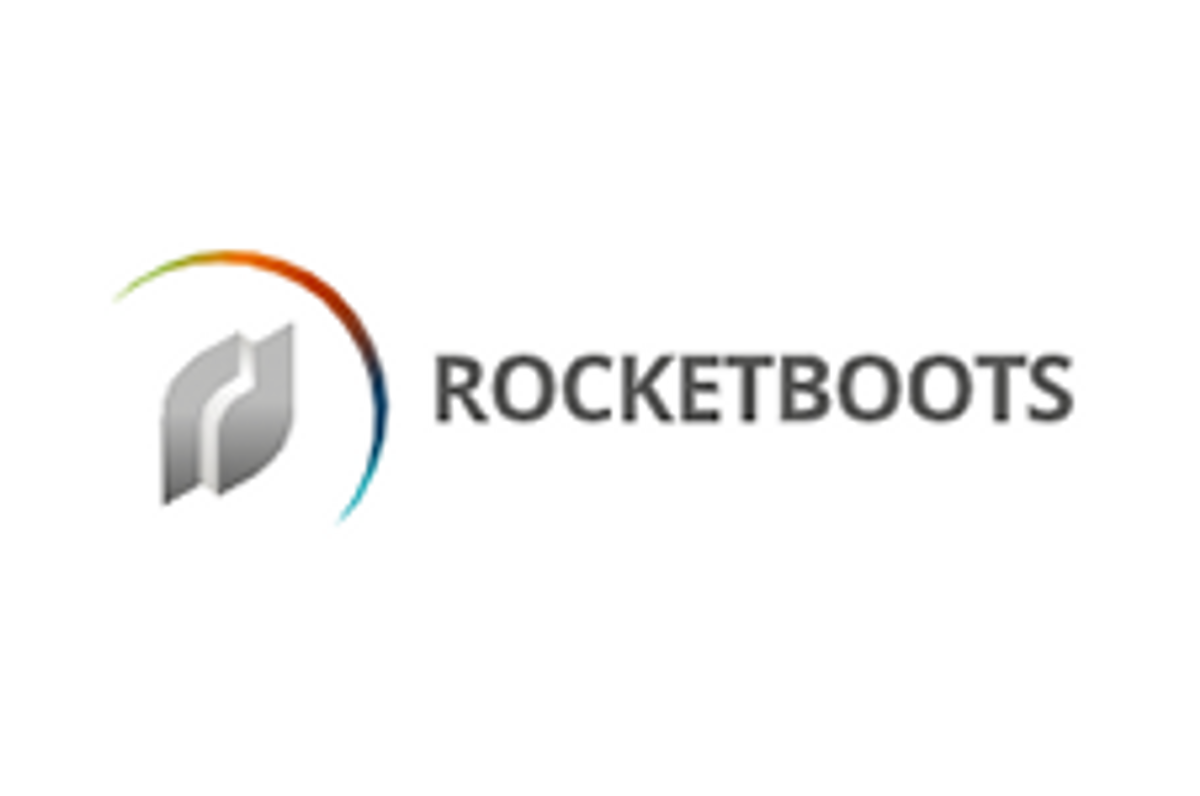
Sona Nanotech Inc. (CSE: SONA) (OTCQB: SNANF) (the "Company", "Sona") is pleased to announce that its recently published findings from its "Targeted Intra-tumoral Hyperthermia with Uniquely Biocompatible Gold Nanorods Induces a Strong Immunogenic Cell Death in Two Immunogenically 'Cold' Tumors" study will be presented at the international 19th Canadian Melanoma Conference on February 20th in Vancouver. Sona's Chief Medical Officer, Dr. Carman Giacomantonio, a planning committee member for this conference, and Dr. Barry Kennedy, of The Giacomantonio Immuno-Oncology Research Group, will present both poster and oral presentations.
The conference is presented by OncologyEducation and is Canada's flagship meeting on the research and treatment of melanoma, bringing together medical oncologists, surgeons, dermatologists, radiotherapists, pathologists, immunologists, molecular biologists and industry partners to review the latest research and explore new therapies.
Contact:
David Regan, CEO
+1-902-442-0653
david@sonanano.com
About Sona Nanotech Inc.
Sona Nanotech is developing Targeted Hyperthermia™, a photothermal cancer therapy, which uses therapeutic heat to treat solid cancer tumors. The heat is delivered to tumors by infrared light that is absorbed by Sona's gold nanorods in the tumor and re-emitted as heat. Therapeutic heat (42-48°C) stimulates the immune system, shrinks tumors, inactivates cancer stem cells, and increases tumor perfusion - thus enabling drugs to reach all tumor compartments more effectively. Targeted Hyperthermia promises to be safe, effective, minimally invasive, competitive in cost, and a valuable adjunct to drug therapy and other cancer treatments.
Sona has developed multiple proprietary methods for the manufacture of gold nanoparticles which it uses for the development of both cancer therapies and diagnostic testing platforms. Sona Nanotech's gold nanorod particles are cetyltrimethylammonium ("CTAB") free, eliminating the toxicity risks associated with the use of other gold nanorod technologies in medical applications.
CAUTIONARY STATEMENT REGARDING FORWARD-LOOKING INFORMATION: This press release includes certain "forward-looking statements" under applicable Canadian securities legislation, including statements regarding the anticipated applications and potential opportunities of Targeted Hyperthermia Therapy, and Sona's preclinical and clinical study plans. Forward-looking statements are necessarily based upon a number of assumptions or estimates that, while considered reasonable, are subject to known and unknown risks, uncertainties, and other factors which may cause the actual results and future events to differ materially from those expressed or implied by such forward-looking statements, including the risk that Sona may not be able to successfully obtain sufficient clinical and other data to submit regulatory submissions, raise sufficient additional capital, secure patents or develop the envisioned therapy, and the risk that THT may not prove to have the benefits currently anticipated. There can be no assurance that such statements will prove to be accurate, as actual results and future events could differ materially from those anticipated in such statements. Accordingly, readers should not place undue reliance on forward-looking statements. Sona disclaims any intention or obligation to update or revise any forward-looking statements, whether as a result of new information, future events or otherwise, except as required by law.
Not for distribution to United States newswire services or for dissemination in the United States.

To view the source version of this press release, please visit https://www.newsfilecorp.com/release/240541





